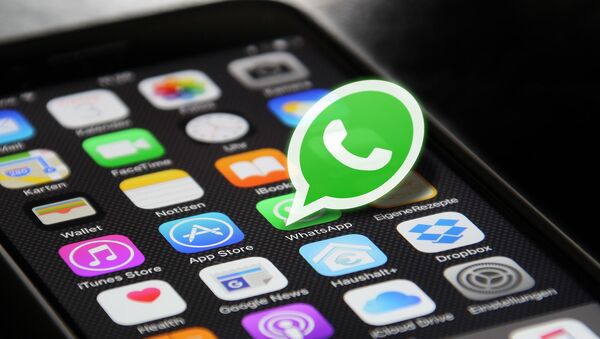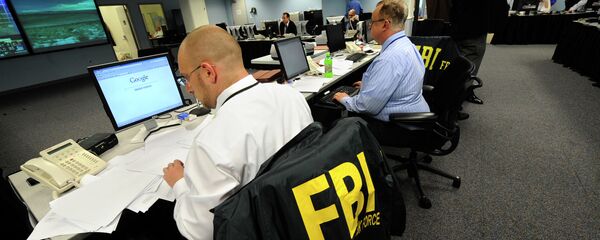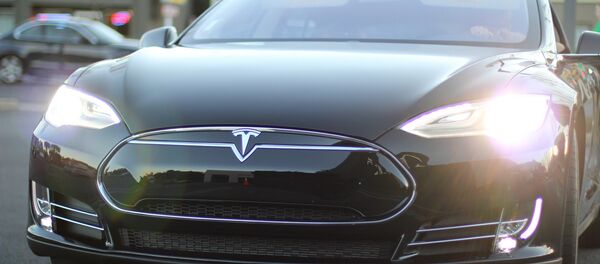Cyber security expert Vince Steckler, chief executive of security giant Avast, is predicting a surge in hackers stealing people’s ID and bank details through household appliances that surround everyone in their daily lives.
According to the cybersecurity guru, even a seemingly innocuous coffee machine or a smart TV in the home opens people up to the risk of being targeted by hackers.
Steckler also said he refused to use the instant messaging service WhatsApp on his phone, convinced that it would threaten the privacy of his friends, after an attack on WhatsApp which allowed hackers to take control of phones just by calling them through the app.
“Smart” coffee machines can be connected to the internet to enable users to control them remotely via their phones, said the security expert.
Speaking to The Mail on Sunday at the VivaTech summit in Paris, Steckler said the devices were not secure, meaning hackers could access them and use them to target other devices such as laptops and mobile phones and then get hold of personal data such as credit card details.
“Coffee machines are not designed for security. TVs are not designed for security. What they are is additional vectors to get into your network,” he said.
The expert explained that smart TVs were “trivial to take over for ransom” and that cameras and baby monitors connected to the internet were the most hack-vulnerable.
The cyber security expert recalled a cyber-attack on US retail giant Target in 2013, when hackers used the company’s air conditioning system to access the credit card details of 41 million shoppers.
Serious security problems involving smart-home gadgets and other 'Internet of Things' devices are widespread, according to cyber-experts quoted by Tom's Hardware, an online publication owned by Future and focused on technology.
The publication cited speakers at the RSA 2019 conference in early March, where presentations showed how to hack home smart alarms, smart teakettles, networked storage drives, children's dolls, kids' GPS tracking watches, vehicle roadside-assistance services and smart-home automation systems.
According to security experts, most IoT devices made rookie security mistakes that would not be tolerated in smartphones or PCs.
READ MORE: Instagram Hackers Forum Gets Hacked by Other Hackers
Many smart-home gadgets shared back-end cloud servers that could be remotely compromised, or shared firmware that could be easily hacked, said experts.
"If we don't address this now, systemic flaws will accelerate further," said Ken Munro, founder of Pen Test Partners, a British firm that analyses IoT security.
Munro stated, however, that there was a glimmer of hope in that much needed fixes may be coming from legislators and regulators.
He cited a European certification framework and a British code of conduct as tentative steps toward greater smart-device government oversight.





